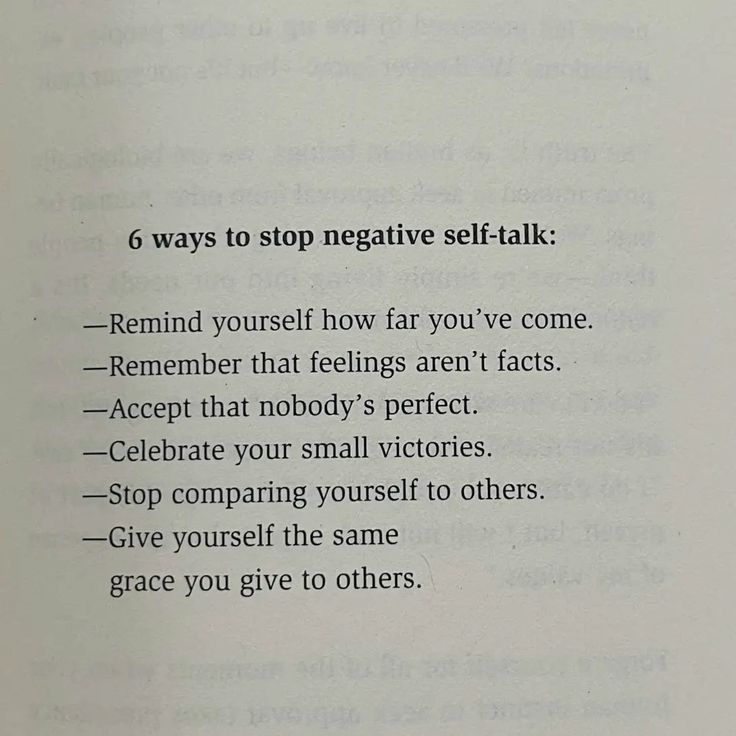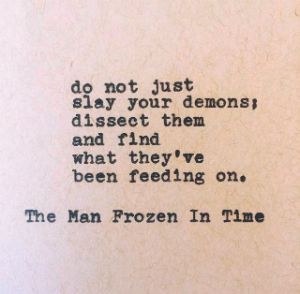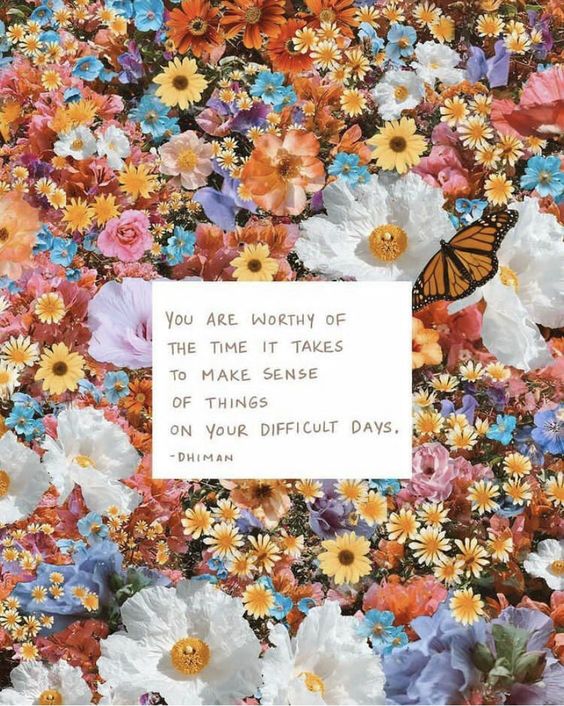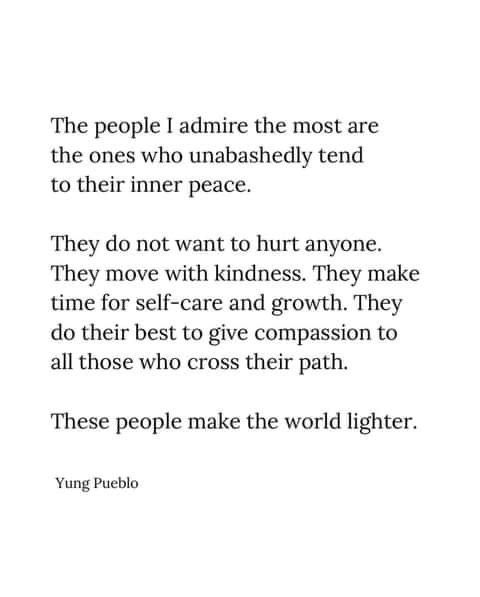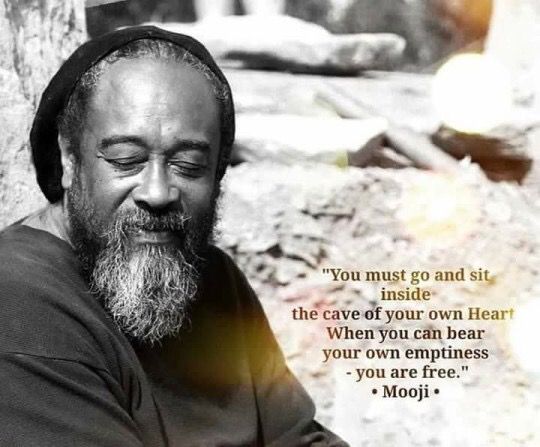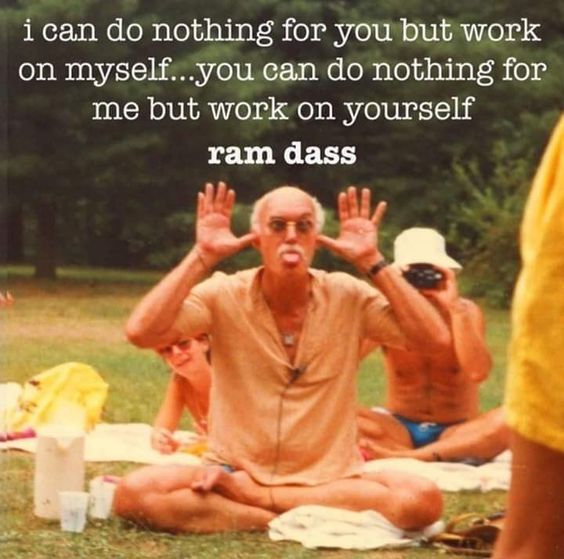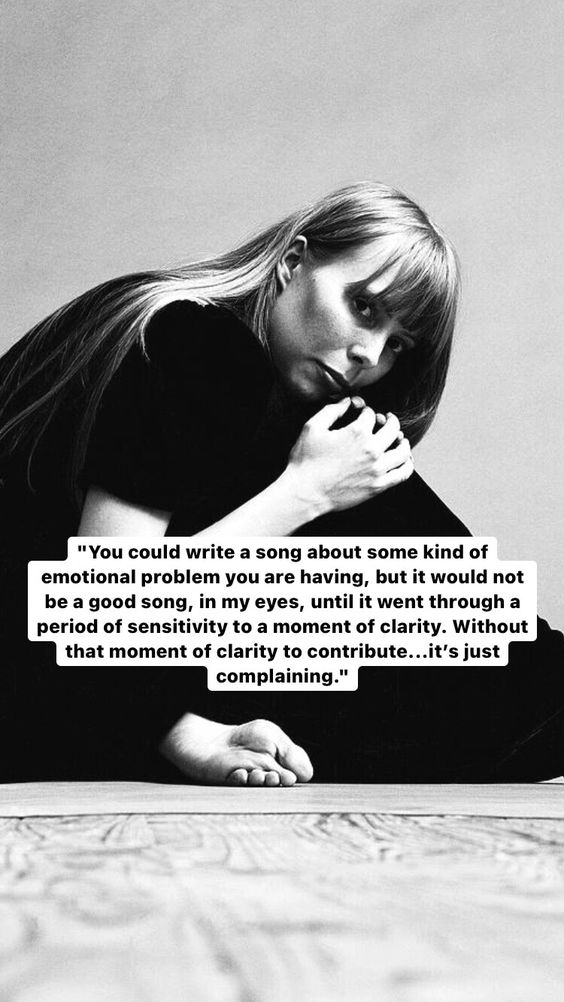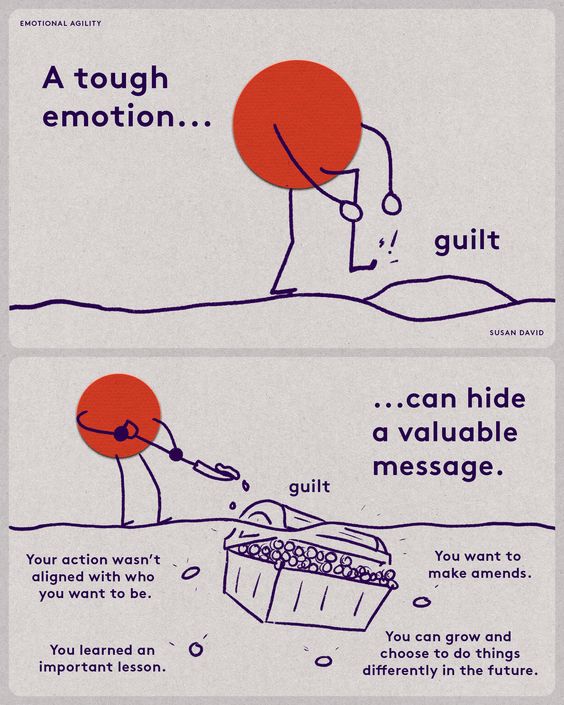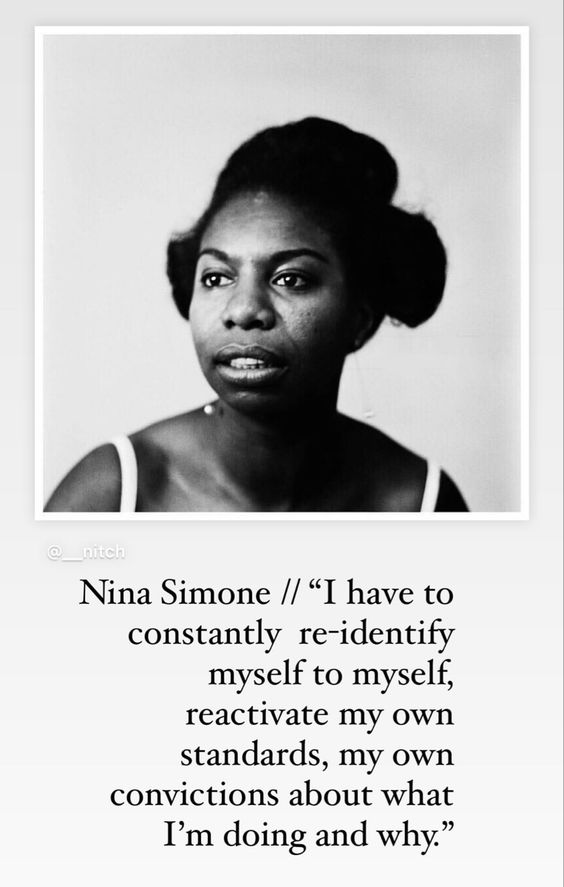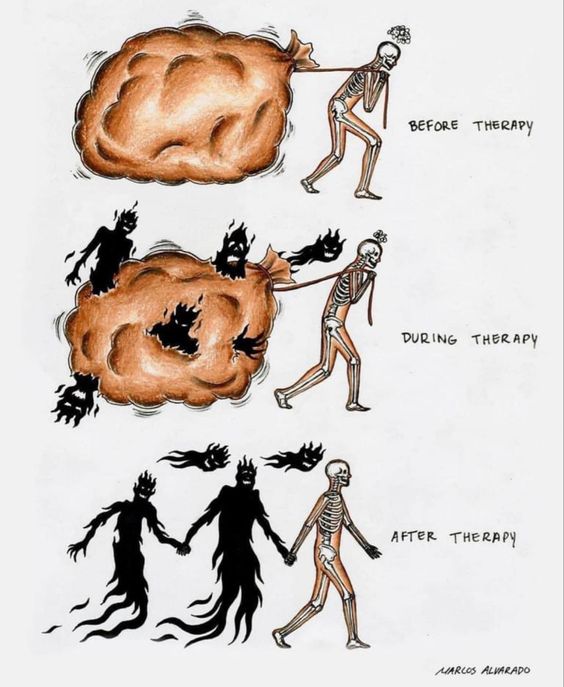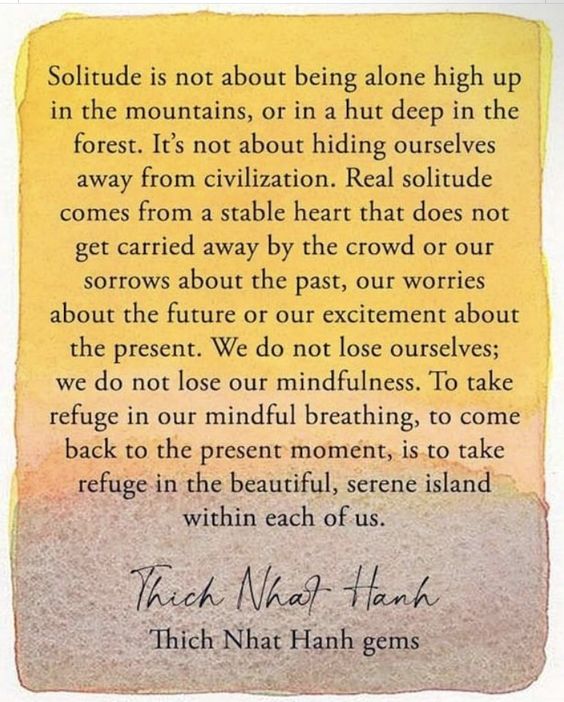“The potter’s wheel, once set in motion, keeps spinning and spinning, and only gradually slackens and comes to a halt; and likewise, in Siddhartha’s soul, the wheel of asceticism, the wheel of thinking, the wheel of discrimination had kept turning and turning, was still turning, but was now sluggish and hesitant and on the verge of halting. Slowly, the way moisture creeps into the dying tree stump, slowly filling it and rotting it, worldliness and slothfulness had crept into Siddhartha’s soul; slowly they filled his soul, made it heavy, made it weary, lulled it to sleep.”
Hermann Hesse, Siddhartha (Page 68)
“At times he heard, deep in his breast, a soft and dying voice that admonished softly, lamented softly, barely audible. Then for an hour he was aware that he was leading a strange life, that he was doing all sorts of things that were merely a game, that he was cheerful, granted, and sometimes felt joy, but that real life was flowing past him and not touching him. Like a juggler juggling his balls, he played with his business, with the people around him, watched them, enjoyed them; but he never participated with his heart, with the wellspring of his being. The wellspring ran somewhere, as if far from him, ran and ran, invisible, having nothing to do with his life. And sometimes he was startled by such thoughts and wished that it could be granted him to participate with passion and with all his heart in the childlike doings of the day, to live really—to act really, to enjoy really, and to live really instead of merely standing on the side as a spectator.”
Hermann Hesse, Siddhartha (Page 63)
“College can help you be externally successful in life but you have to find ways to be internally successful too. Finding ways to cultivate you inner balance, your peace, and your mental clarity are just as important as getting a good job. When I started meditating daily, it helped my mind feel more peaceful and it opened up my creativity. It also helped deepen my relationship with my wife and friends and family. I didn’t know I was a writer until I started meditating. Even if meditating is not your thing, your inner peace requires you to develop self-awareness, which will help you be less reactive. Find your own way to be self-reflective – journaling, therapy, mindfulness, there is a lot out there that can help you get in touch with your emotional history and your inner world.”
Yung Pueblo
“He mused deeply, descending to the very bottom of this sensation as if through deep water, all the way down to where the causes rest. For, it seemed to him, thinking is recognizing causes, and that is the only way in which sensations become insights: they are not lost, they become substance and begin to radiate what is within them.”
Hermann Hesse, Siddhartha (Page 35)
“Work is good, but it should not become an addiction. Many people have turned their work into a drug so that they can forget themselves in it—just like a drunkard forgetting himself in alcohol. One should be as capable of nondoing as of doing—then one is free. One should be capable of sitting, not doing anything, as perfectly and beautifully and blissfully as when one is working hard and doing many things; then one is flexible.
Osho, Everyday Osho (Page 235)
“Despair comes because energy goes on leaking, and people have forgotten how to contain it. In a thousand and one thoughts, worries, desires, imagination, dreams, memories, energy is leaking. And energy is leaking in unnecessary things that can be easily avoided. When there is no need to talk, people go on talking. When there is no need to do anything, they cannot sit silently; they have to ‘do.’ People are obsessed with doing, as if doing is a sort of intoxicant; it keeps them drunk. they remain occupied so that they don’t have time to think about the real problems of life. They keep themselves busy so that they don’t bump into themselves. They are afraid—afraid of the abyss that is yawning within. This is how energy goes on leaking, and this is why you never have too much of it. One has to learn how to drop the unnecessary. And ninety percent of ordinary life is unnecessary; it can easily be dropped.”
Osho, Everyday Osho (Page 211)
“The paradox of volcanoes was that they were symbols of destruction but also life. Once the lava slows and cools, it solidifies and then breaks down over time to become soil—rich, fertile soil. She wasn’t a black hole, she decided. She was a volcano. And like a volcano she couldn’t run away from herself. She’d have to stay there and tend to that wasteland. She could plant a forest inside herself.”
Matt Haig, The Midnight Library (Page 286)
“I never found the companion that was so companionable as solitude.”
Henry David Thoreau, via The Midnight Library (Page 126)
